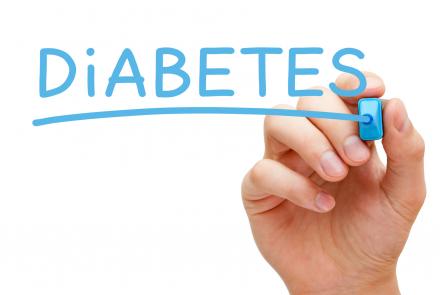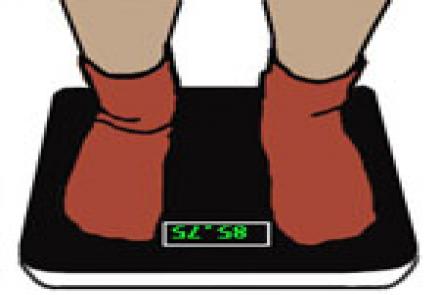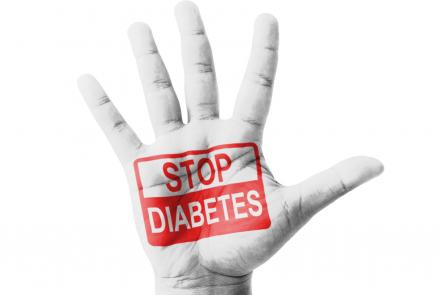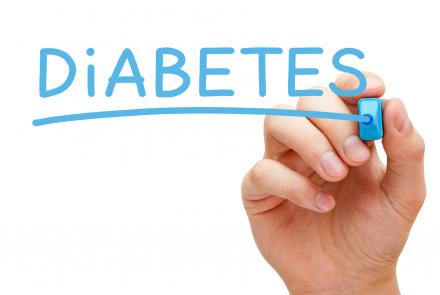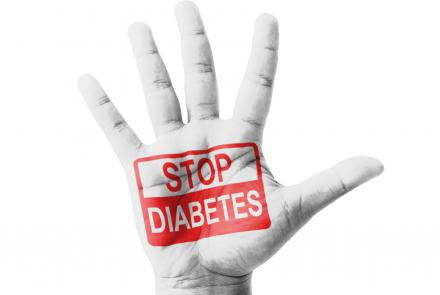
WORLD LIVER DAY
Did you know Type 2 diabetes (T2D), insulin resistance, obesity, metabolic syndrome and NAFLD (Non Alchoholic Fatty Liver Disease) are particularly closely related? Dr Parijat Gupte, Consultant Hepatologist or Liver Specialist, provides us with a basic knowledge on NAFLD and what it can signify.
What Is NAFLD?
In simple terms, NAFLD or non-alcoholic fatty liver disease is abnormal or excess accumulation of fat in the liver. Normally, liver does not contain more than 0-5% fat. The most common cause of fatty liver is excess alcohol consumption. As its name suggests, it is the deposition of excess fat in the liver without intake of excess of alcohol(Non Alcoholic).
How it is different from AFLD(Alcoholic fatty liver disease)?
It has clinical resemblances with alcoholic fatty liver disease, and it shares commonalities as far as investigations go as well. It is often difficult to differentiate between the two, specially if the patient does not divulge any history of alcohol intake. Some clinical features (large liver), clues in blood tests -- very high levels of GGT (Gamma-glutamyl transpeptidase), High MCV (Mean corpuscular volume ) -- and other features on liver biopsy may help differentiate the two.
Who is most at risk of getting NAFLD?
Patients who are obese, suffer from diabetes, high cholesterol and hypertension are the ones most at risk. Some lean individuals or those with a family history of fatty liver disease can also develop fatty liver disease. Women with PCOS ( Polycystic ovary syndrome) commonly have fatty liver.
Are all people with diabetes screened for it? Why?
Fatty liver is found in approximately 40% of diabetics. Patients with diabetes should undergo screening for NAFLD. Presence of fatty liver does not necessarily mean serious liver disease, but it needs further investigations and follow up at regular intervals.
Is it a growing concern in the Indian population?
As diabetes has one of the highest records in India and obesity is also on the rise, changing dietary patterns combined with a sedentary lifestyle has resulted in a steady increase of NAFLD cases.
How is it usually diagnosed?
It is best diagnosed on sonography of the liver. One may suspect fatty liver disease if liver function tests done for any reason are found to be consistently abnormal. It may be the cause of liver disease in an individual who has risk factors and does not have any other obvious cause for his liver disease.
What is the common line of treatment?
Slow, progressive and sustained weight loss of about 5-10% of current body weight is the most important and effective line of treatment.
It should also be combined with a moderate degree of exercise. A mix of aerobic (brisk walking etc.) and anaerobic exercise for 30 minutes for at least 3-4 times a week is recommended. Exercise type and duration should be decided after medical assessment and evaluation for heart disease.
Some patients may be helped with Vitamin E or certain group of antidiabetics. But medical therapy is secondary, short term and is advisable only after expert consultation.
What is the biggest complication of a liver disease?
Serious liver disease can occur in about 5- 10% patients who have fatty liver disease. Patients who have fatty liver are at risk of developing coronary artery disease (heart disease) as risk factors for these diseases are common.
Is weight loss surgery recommended for all patients?
Weight loss surgery is recommended only for those who are morbidly obese, or those who are obese and have severe metabolic complications. It should be performed only after medical and dietary approaches have failed or found to be inadequate. Prior evaluation by an endocrinologist, a gastroenterologist, a nutritionist and even a psychiatrist is mandatory before deciding on surgery.
Dr Parijat Gupte is a Consultant Hepatologist or Liver Specialist who works with several hospitals including the Global Hospital in Mumbai.



